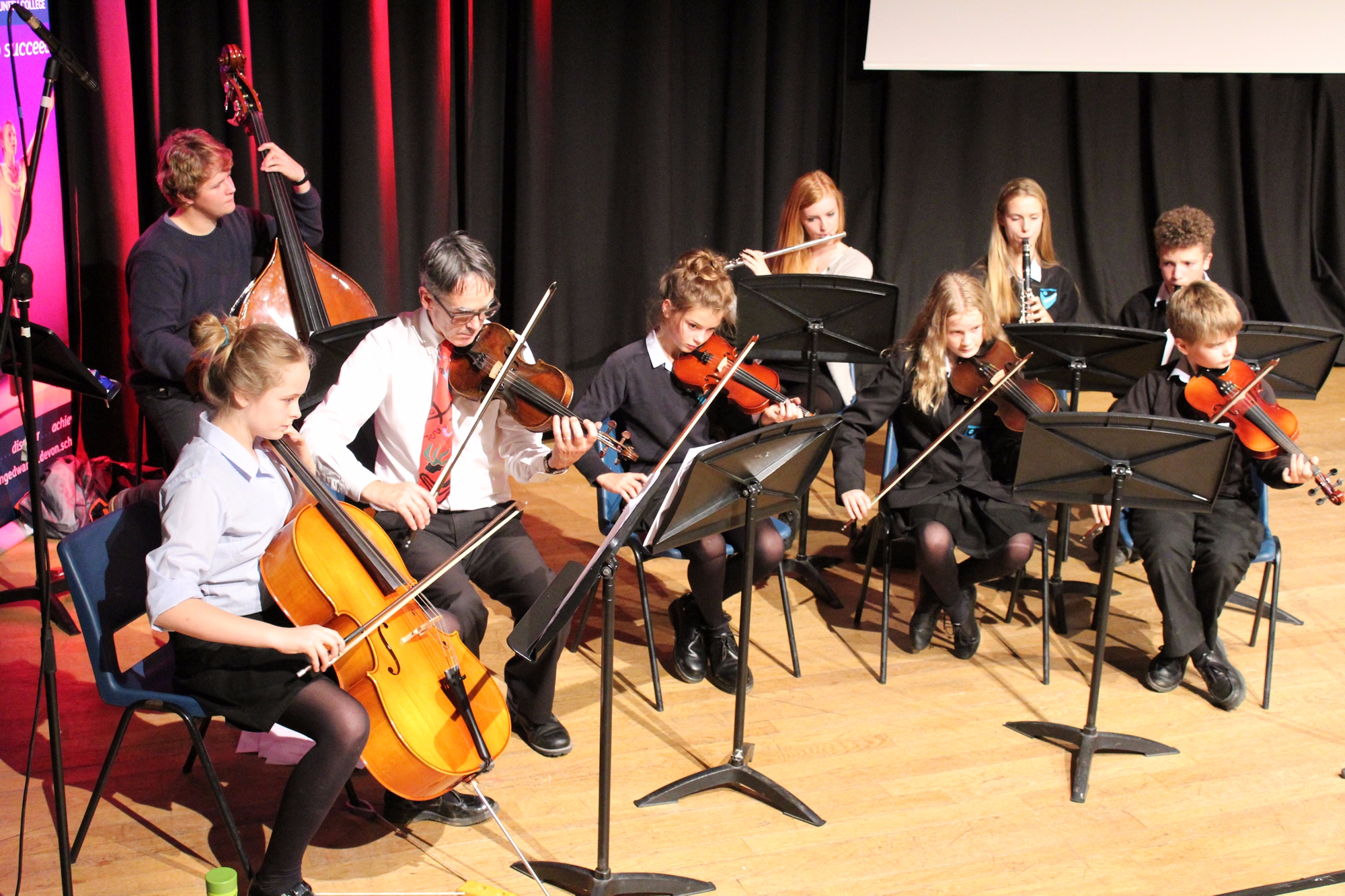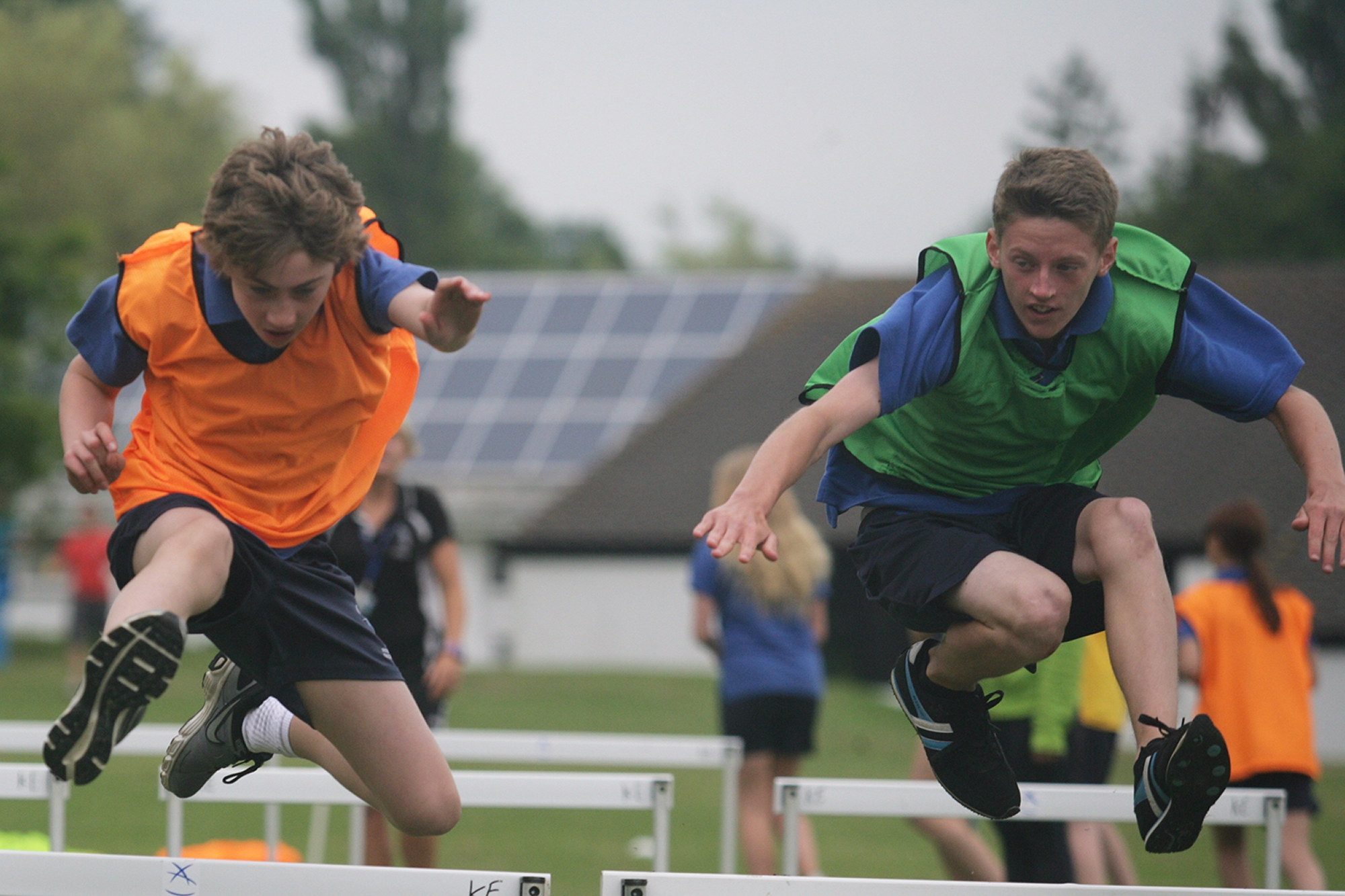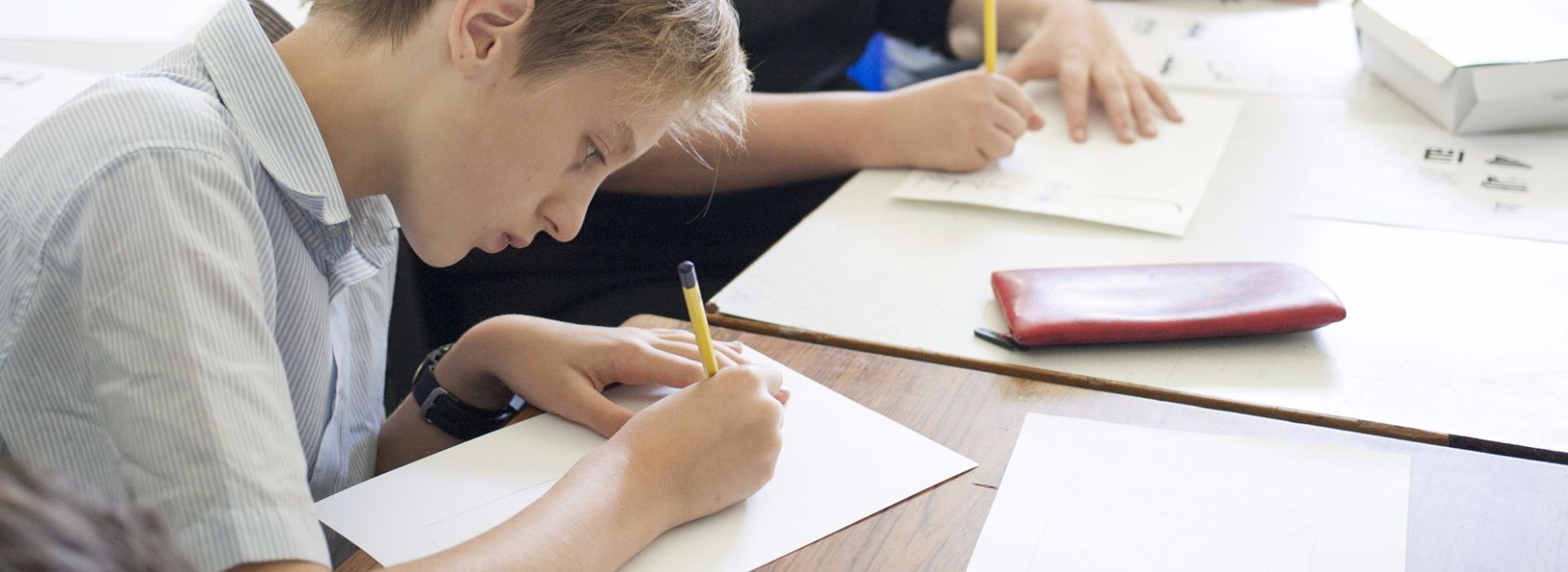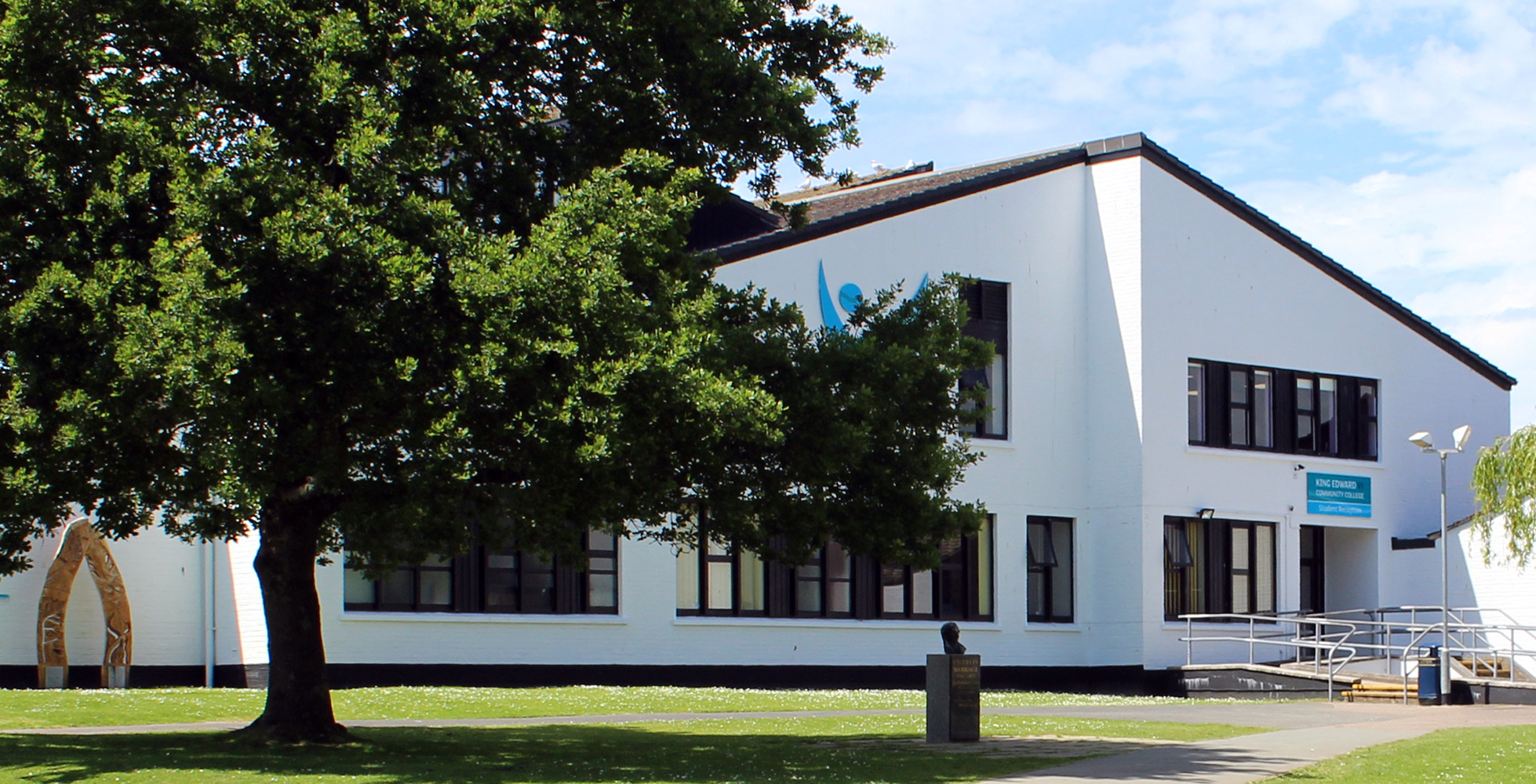School Counselling
There are times when we all need someone to talk to. This is only too true for young people who face many challenges whilst growing up and may find times when they need to talk to someone outside home or school.
Counselling enables young people to make sense of the issues that may be troubling them and to find their own way of dealing with them. The counsellor does not make judgements about your child or about you, but works with things as they are, to help your child achieve their potential.
How does it work?
The counsellor will work with your child at a level appropriate to their understanding and stage of development, and will seek to view things from their perspective. They will listen to their thoughts and feelings and may respond with comments or questions, or draw their attention to things they may not have considered. By providing time, confidentiality and a safe place, the counsellor can help your child express their worries and problems and identify ways to cope.
All young people are entitled to confidentiality within the confines of counselling. This means they can talk about concerns without fear of them being discussed elsewhere. This confidentiality is vital in establishing trust so that children and young people are able to speak openly about what is concerning them. The work your child does with the counsellor is personal to them, so nothing is shared with anyone else. In particular, the counsellor will not discuss the content of sessions with school staff or with anyone outside of school without your child’s agreement.
There are two exceptions to this:
- If we deem the young person to be at significant risk to themselves or others.
- Anonymously in supervision (A BACP requirement for counsellors).
If the counsellor feels there is a risk of significant harm they are duty bound to discuss this with the school safeguarding leads, who will then make a decision as to the most appropriate course of action; for example contacting the parents. As much as possible we will always aim to involve the young person in these conversations.
This means we will not be able to share the content of the sessions with you or acknowledge if someone is receiving counselling, unless the young person gives express permission to do so or if we feel they are at risk of harm. We understand this can be difficult and would be happy to talk to you, in general, about the counselling process.
Even if you feel counselling would be beneficial for them, your child needs to feel it is their choice as this helps them to engage with the process. It will help them immensely if they know they have your support in that choice.
How can I help?
- The most helpful thing is to show acceptance of counselling as a normal and useful activity.
- Be ready to listen if your child wants to talk about their experience, but don’t quiz them or pressure them.
- If they do talk, listen to them without judgement or criticism and allow them their point of view.
- Be aware of how you are feeling and how they are feeling, and choose wisely the time for talking.
King Edward VI Community College is proud to offer counselling with two counsellors with considerable experience of working with complex young people. A Psychophonetics Practitioner, Louise Waterfall Graduated with a Diploma in 2012. Justina Ovens is in her first year FdA Integrative Counselling on placement with us here at KEVICC. They work within the Ethical Framework of BACP and go to great lengths to ensure the safety of our students.
The counselling service is open to all students and is available throughout term-time.






